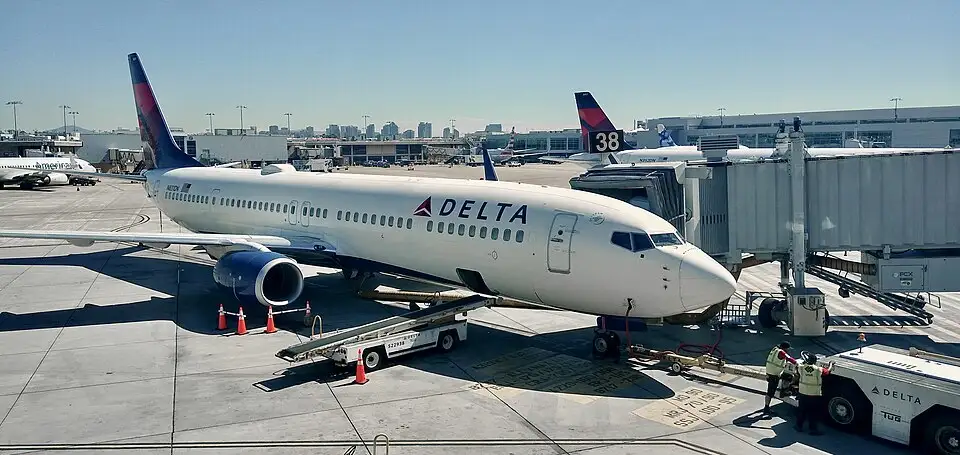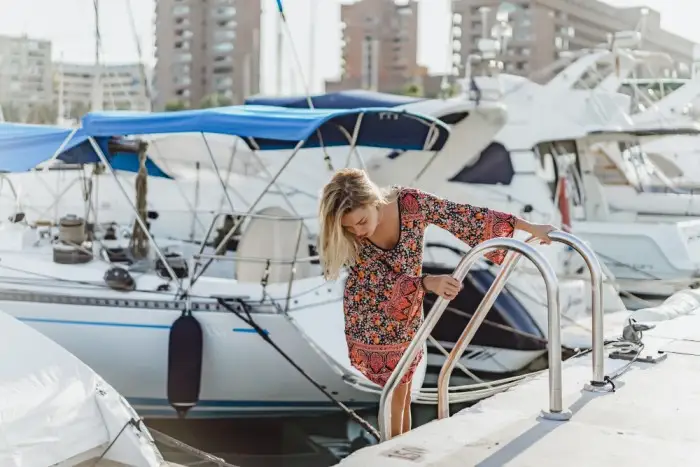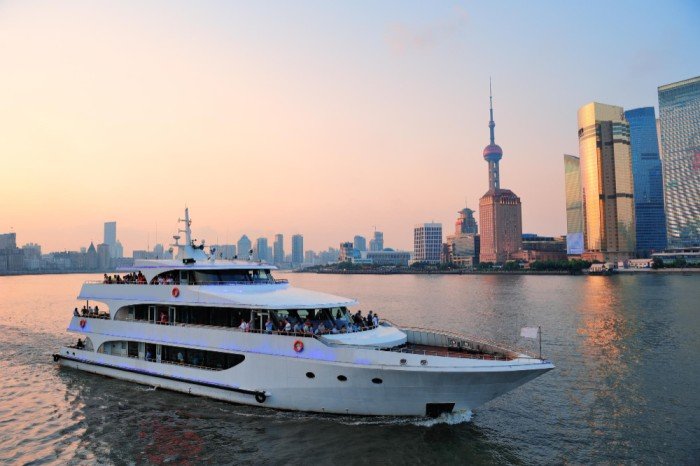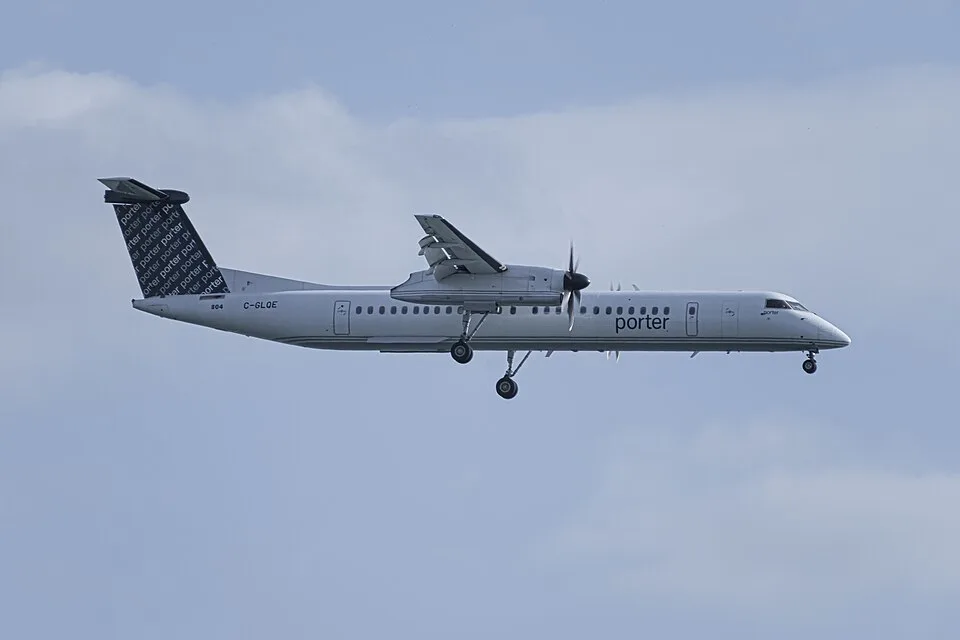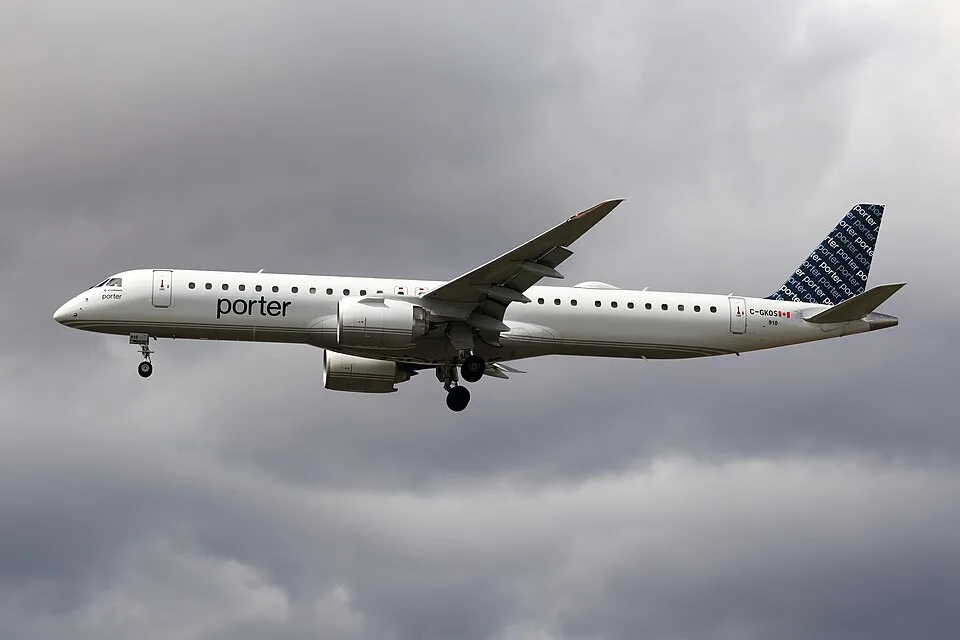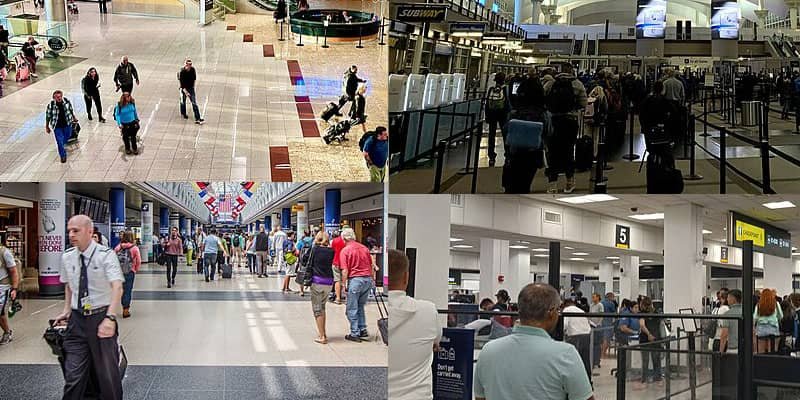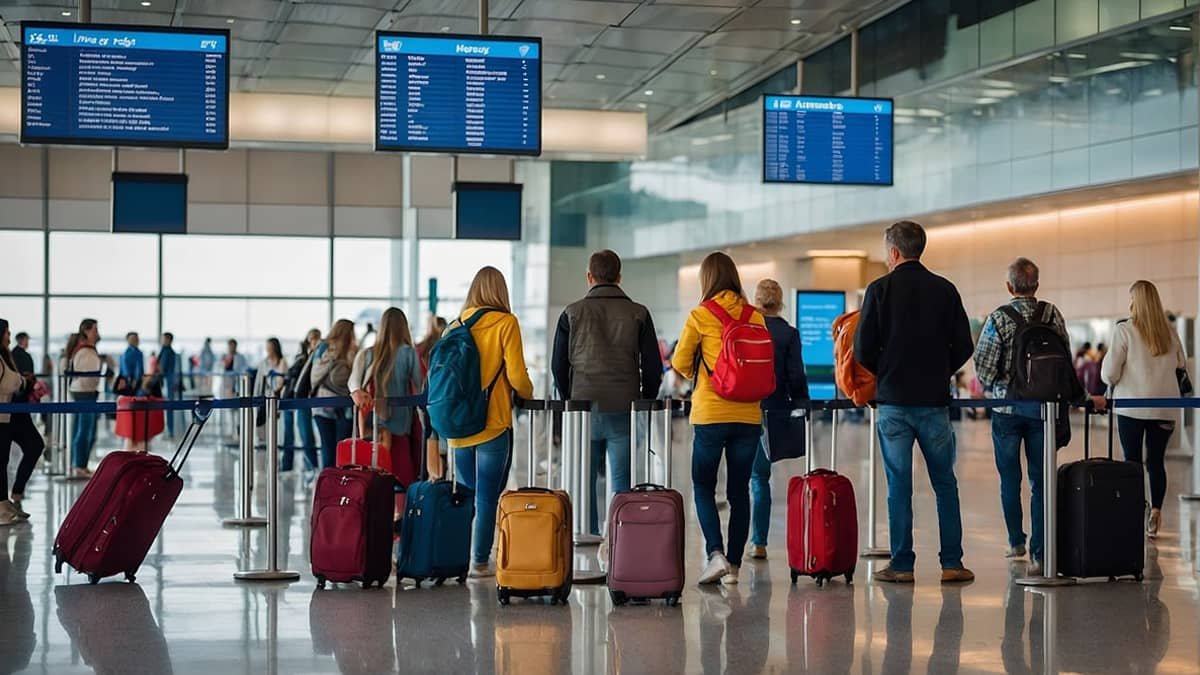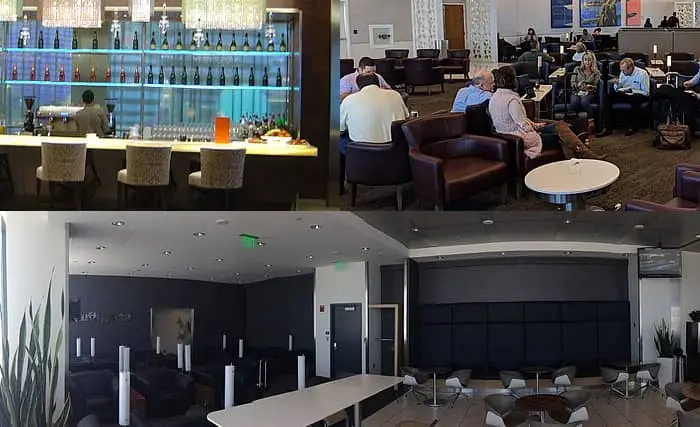Child Car Seat Rules in Portugal: A Comprehensive Guide for Safe Travel
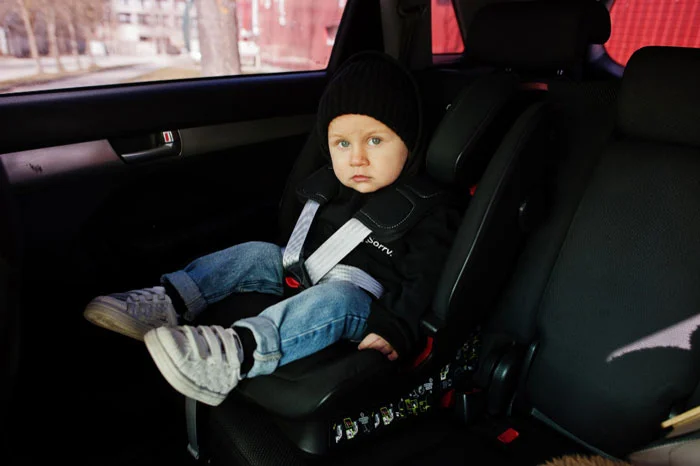
Traveling with children in Portugal requires careful attention to the country’s strict child car seat regulations, outlined in Article 55 of the Portuguese Highway Code (Código da Estrada). These laws are designed to ensure the safety of young passengers and are rigorously enforced, with significant fines for non-compliance. Whether you’re a resident or a visitor planning a family trip, understanding Portugal’s child car seat rules is essential for keeping your children safe and avoiding legal issues. This article provides a detailed overview of the regulations, exceptions, safety standards, and practical tips for compliance when driving in Portugal.
Overview of Child Car Seat Laws in Portugal
In Portugal, all children under 12 years old or shorter than 135 cm (4ft 5in), whichever comes first, must use an appropriate child car seat when traveling in a private vehicle. This requirement applies to both residents and tourists, whether you’re driving your own car or a rental. The law prioritizes the child’s height and weight over age to ensure the car seat is suitable for their size, as children’s growth rates vary. Once a child is over 12 or taller than 135 cm, they may use a regular seatbelt, provided it fits them properly. However, for optimal safety, some children between 135 cm and 150 cm may still require a booster seat to ensure the seatbelt sits correctly across their shoulder and pelvis.
Car seats must comply with one of two European safety standards: ECE R44/04 or ECE R129 (also known as i-Size). These standards ensure that car seats meet rigorous safety requirements. ECE R44/04 classifies seats based on the child’s weight, while ECE R129 considers both weight and height, offering enhanced safety features, such as extended rear-facing requirements. For children under 15 months, R129-compliant seats mandate rear-facing travel, which is considered safer due to better protection for the head and neck in a collision.
Explore More- Child Car Seat Rules in Greece: A Comprehensive Guide for 2025
Where Children Can Sit in the Vehicle
Portuguese law generally requires children to be seated in the back seat of the vehicle, as this is statistically safer in the event of an accident. However, there are specific circumstances where a child may be seated in the front passenger seat:
- Children under 3 years old: A child under 3 may be seated in the front in a rear-facing car seat, but the front passenger airbag must be deactivated to prevent injury in a crash.
- Children 3 years and older: If the vehicle lacks rear seatbelts, has no back seat, or if all back seats are occupied by other car seats, a child aged 3 or older may sit in the front seat with an appropriate car seat or booster, provided the airbag is deactivated.
- Children over 12 or taller than 150 cm: Children meeting these criteria may sit in the front seat with a regular seatbelt, as they are considered tall enough to use adult restraints safely.
If you need to transport three children in the back seat but only have room for two car seats, the oldest child may use the vehicle’s seatbelt, preferably in the middle seat, provided they are at least 3 years old. This exception accommodates practical limitations in smaller vehicles but should be used only when necessary.
Car Seat Standards: ECE R44/04 vs. ECE R129
Portugal recognizes two European safety standards for child car seats:
- ECE R44/04: This older standard classifies car seats into groups based on the child’s weight:
- Group 0/0+: For infants up to 13 kg (approximately birth to 12-15 months).
- Group 1: For children 9-18 kg (approximately 9 months to 4 years).
- Group 2/3: For children 15-36 kg (approximately 4-12 years). R44 seats allow forward-facing travel from 9 kg, but rear-facing is strongly recommended for as long as possible due to its superior safety.
- ECE R129 (i-Size): This newer standard emphasizes height-based classifications and mandates rear-facing seats for children under 15 months. It also includes side-impact protection testing, offering improved safety. R129 seats are increasingly common and are recommended for their enhanced features.
When traveling to Portugal, ensure your car seat is approved to one of these standards. UK or EU-approved car seats (R44 or R129) are generally compatible for use in Portugal, but non-EU car seats (e.g., from the US or Canada) may not meet these standards and should be checked carefully. Look for a label with a capital “E” in a circle and either “ECE R44” or “R129” to confirm compliance.
Exceptions to the Car Seat Requirement
While Portugal’s car seat laws are strict, there are exceptions for certain vehicles where children may travel without a car seat, provided they are not seated in the front:
- Public transport: Buses, trams, and trains are exempt from car seat requirements.
- Taxis and rideshare services: Taxis, Uber, Bolt, and similar services (TVDE in Portugal) are not required to provide car seats. Children must sit in the back seat, and those aged 3 or older must use the vehicle’s seatbelt if no car seat is available. However, for safety, it’s strongly recommended to provide your own car seat when using these services.
- Emergency transport: Ambulances or other vehicles dedicated to patient transport are exempt.
While these exemptions exist, they prioritize practicality over safety. Parents are encouraged to use an appropriate car seat whenever possible, even in taxis or rideshares, to ensure maximum protection.
Explore More- Child Seat Car Rules in Denmark: A Complete Guide for Parents and Travelers
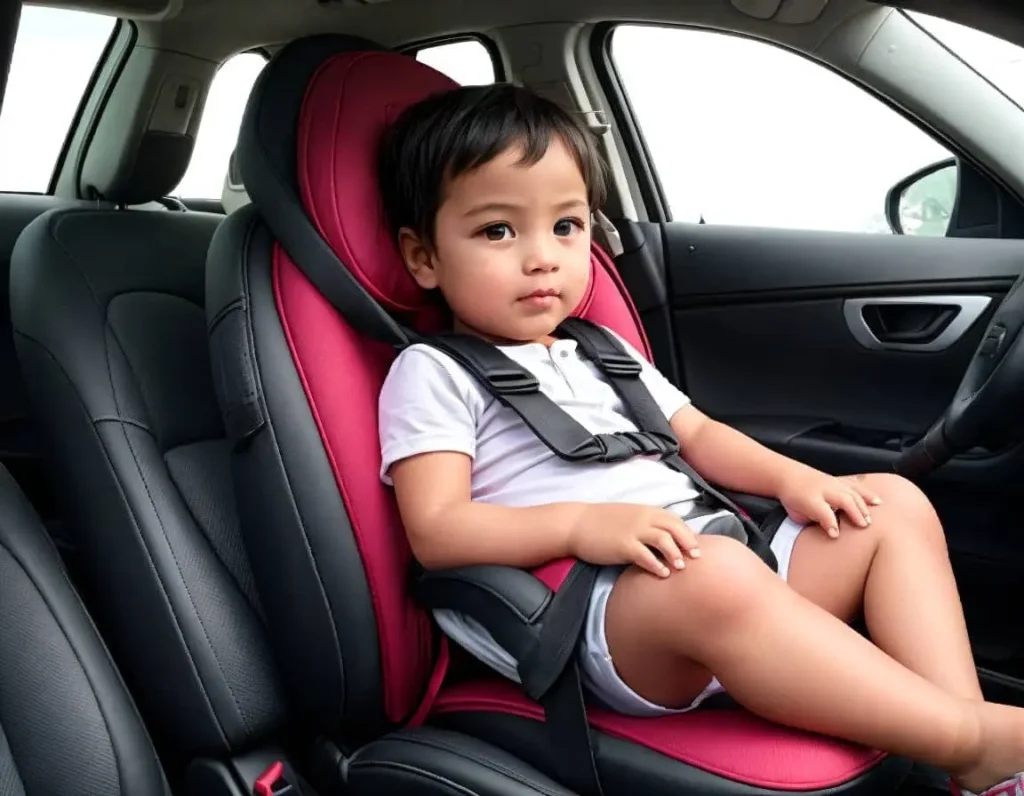
Penalties for Non-Compliance
Failure to comply with Portugal’s child car seat laws is considered a serious offense under the Portuguese Highway Code. Fines range from €120 to €600 per child who is not properly restrained. Additionally, the driver is responsible for ensuring all passengers under 15 are using the correct safety equipment, so penalties fall on the driver, not the child’s guardian. Authorities enforce these rules strictly, and non-compliance can also lead to increased scrutiny during roadside checks.
Practical Tips for Traveling with Children in Portugal
- Bringing Your Own Car Seat: Many airlines, including Ryanair, TAP, and EasyJet, allow passengers to bring a car seat onboard at no extra cost, though specific criteria (e.g., R44 or R129 compliance) must be met. Check with your airline in advance, and consider a car seat cover with wheels or straps for easier transport through airports.
- Renting a Car Seat: If bringing a car seat is impractical, you can rent one from car rental companies or specialized baby equipment providers like UPABABY or Little Rascals Algarve. Car rental companies typically charge around €10 per day, which can add up quickly. Specialist companies may offer more affordable rates for longer trips, with delivery options to airports or accommodations in cities like Lisbon, Porto, or Faro.
- Purchasing a Car Seat in Portugal: Buying a car seat upon arrival is another option. Retailers like Amazon Spain, Norauto, or Zippy Kidstore offer a range of R44- and R129-compliant seats, and many hotels will accept deliveries on your behalf. This can be cost-effective for extended stays.
- Innovative Solutions: For older children (4-11 years), consider portable options like the BubbleBum inflatable booster seat or the Trunki Boosapak, which doubles as a backpack. These are lightweight and easy to carry, making them ideal for travel.
- Airport Transfers: If you only need a car seat for airport transfers, services like Welcome Pickups in Lisbon, Porto, and Faro allow you to request a vehicle with a car seat when booking. This can be a convenient alternative to renting a car.
- Deactivating Airbags: If placing a car seat in the front passenger seat, ensure the airbag is deactivated. Check with the vehicle manufacturer or rental company for instructions, as this can be complex in some cars.
Explore More- Car Child Seat Rules in Singapore: A Comprehensive Guide for Parents
Additional Driving Requirements in Portugal
Beyond car seat rules, drivers in Portugal must adhere to other regulations to ensure safety and compliance:
- Seatbelts: All passengers, including adults, must wear seatbelts at all times.
- Vehicle Equipment: Carry reflective jackets, a warning triangle, and, if applicable, a spare pair of glasses or contact lenses for the driver. Rental cars typically include these items.
- Driving Side: Drive on the right side of the road.
- Documentation: Always carry your driving license, vehicle registration, and insurance documents.
Conclusion
Portugal’s child car seat laws are designed to prioritize child safety, with clear requirements for age, height, and approved equipment. By understanding these regulations and planning ahead—whether by bringing, renting, or purchasing a car seat—you can ensure a safe and stress-free trip. Always prioritize rear-facing seats for young children and verify that your car seat meets ECE R44/04 or R129 standards. For added convenience, explore rental options or portable solutions tailored to travel. By staying compliant and prepared, you’ll enjoy Portugal’s beautiful landscapes and vibrant culture with peace of mind, knowing your children are safe on the road.

